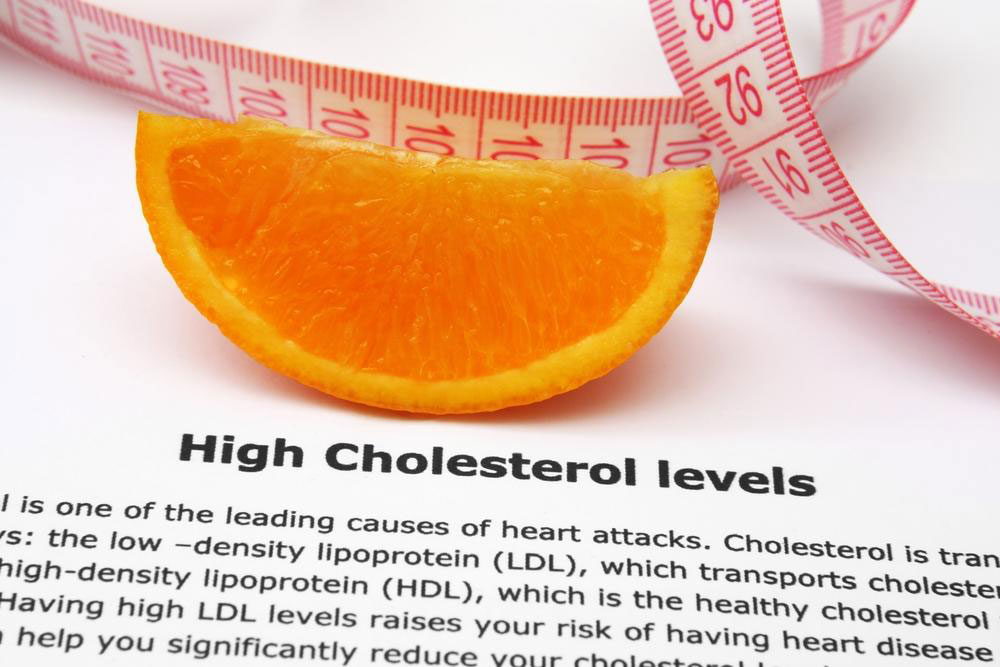Comprehensive Guide to Heart Ablation Surgery: Essential Questions and Preparations
This comprehensive guide provides essential questions and preparation tips for patients considering heart ablation. It covers pre- and post-procedure care, medication management, lifestyle adjustments, and important safety precautions to ensure successful treatment outcomes. Learn how to prepare for this minimally invasive procedure and maximize recovery with expert advice.

Important Questions and Considerations Before Undergoing Heart Ablation Treatment
Heart ablation has emerged as a highly effective minimally invasive procedure designed to correct abnormal heart rhythms, known as arrhythmias. It provides a less invasive alternative to traditional open-heart surgeries, offering patients quicker recovery times and fewer complications. The procedure involves inserting a specialized catheter into a blood vessel, typically through the groin, guided precisely to the heart tissue in question. Once in position, targeted energy—either heat (radiofrequency) or cold (cryoablation)—is applied to create scars that block faulty electrical signals, restoring normal cardiac rhythm. For many patients, understanding the intricacies of this procedure, along with comprehensive pre- and post-operative care, is essential to making an informed decision about treatment options.
Preparation for heart ablation begins with thorough medical evaluations. Pre-procedure assessments, including echocardiograms, electrocardiograms (ECGs), and blood tests, help determine heart health, identify underlying conditions, and evaluate risks. It’s crucial that patients review their current medications with their healthcare providers. Certain drugs, especially blood thinners and anti-arrhythmic medications, may need to be adjusted or temporarily discontinued before the procedure to reduce bleeding risks. Patients with implanted devices such as pacemakers or defibrillators should inform their medical team to ensure proper planning. After the procedure, patients typically stay under observation for several hours to monitor for immediate complications. During recovery, certain lifestyle modifications are recommended to facilitate healing and prevent future issues.
Discuss medication adjustments with your cardiologist ahead of time, including any anticoagulants, anti-arrhythmic drugs, or other prescriptions.
Inform your medical team about any implanted cardiac devices such as pacemakers or defibrillators.
Post-ablation care involves a series of precautions aimed at ensuring the best possible outcome. Patients are advised to avoid driving for at least 24 hours following the procedure due to sedative effects of medications and to prevent accidental injury. Strenuous activities, heavy lifting, and vigorous exercise should be avoided for a minimum of three days. Maintaining a heart-healthy diet is vital; specific dietary recommendations include limiting sodium, saturated fats, and processed foods while incorporating nutrient-rich options like fruits, vegetables, nuts, and whole grains to support cardiac recovery. Additionally, alcohol consumption should be limited or avoided entirely during initial recovery phases. Regular follow-up appointments with your cardiologist are essential to monitor heart rhythm, adjust medications if needed, and detect any potential complications early. By understanding these essential questions and preparations, patients can approach heart ablation with confidence and a proactive mindset, ensuring the best possible outcomes.





